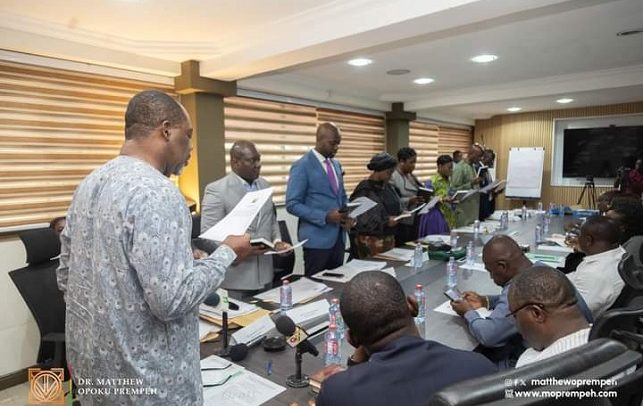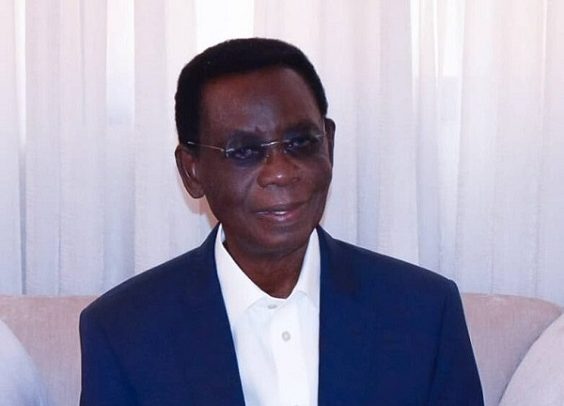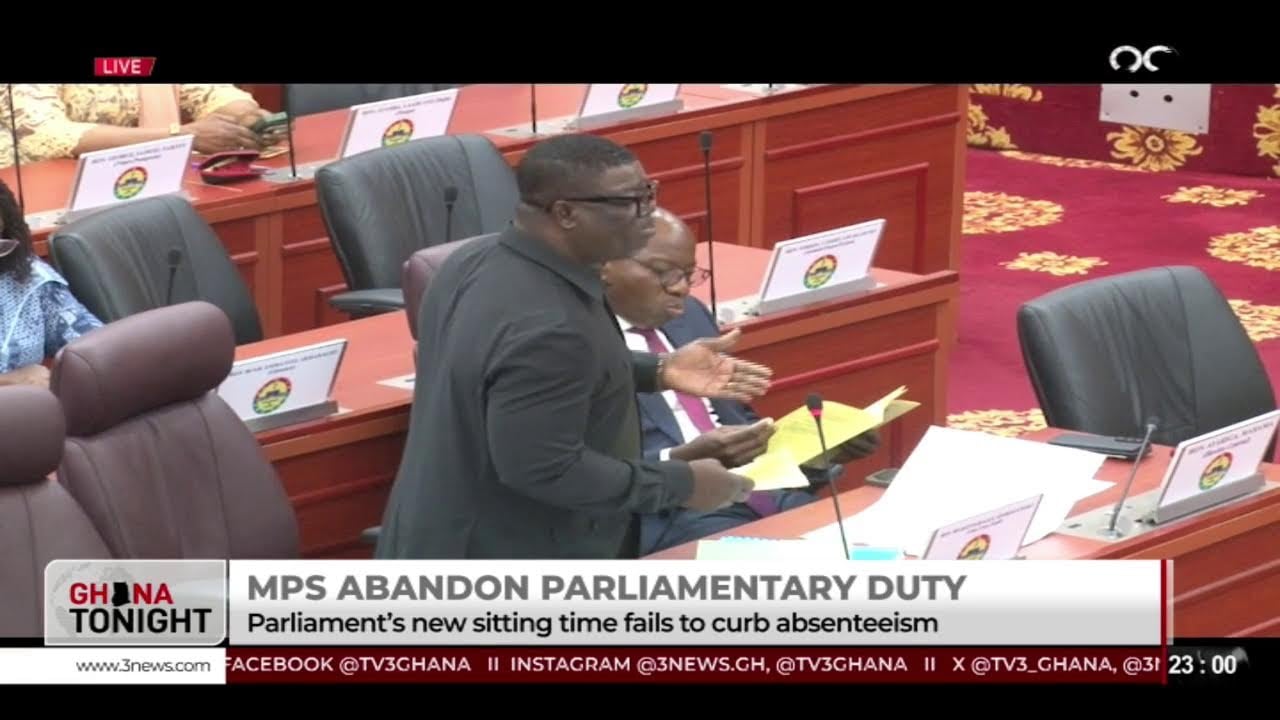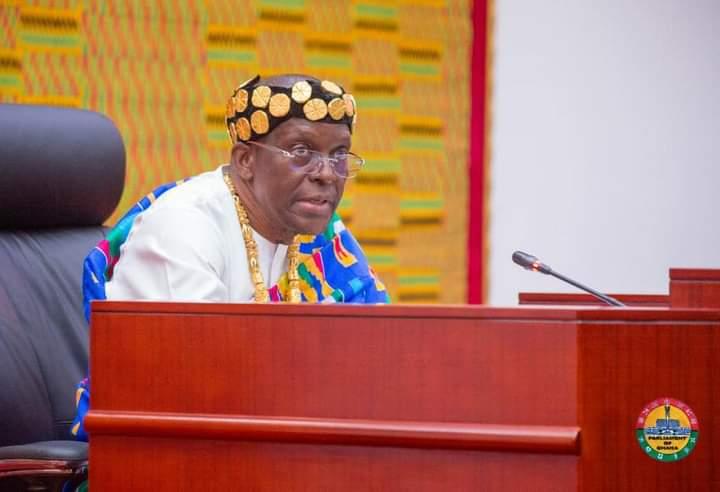


Dr. John Abu Jinapor, the Minister for Energy and Green Transition has hinted that Ghana’s oil sector has witnessed a sharp decline in 2025.
According to him, the decline is about 32percent, comparing?a 2019 figure of 71.4 million barrels to 48.2 million barrels in production in 2024.
“This downward trend signified not only a reduction in government revenue from a sector that continued to anchor the GDP, public finances, and foreign exchange earnings, but also a contraction in the value of opportunities and contracts available to Indigenous Ghanaian companies, the backbone of our local industry,” Dr. Jinapor said.
Dr. John Abu Jinapor said this when he opened the 2025 local Content Conference and Exhibition in Takoradi in the Western Region.?
The conference is under the theme: “Revitalising Ghana’s Petroleum Exploration and Production Sector: Driving Innovation and Redefining Local Content for a Competitive Energy Economy.”
The Minister attributed the fall to regulatory inefficiencies and policy inadequacy, protracted licensing processes, avoidable and unnecessary legal disputes over field unitisation and frequent changes in fiscal policy changes, burdensome tax regimes among others.
The Energy Minister said without decisive, predictable and strategic policy action, Ghana risked losing further ground in an increasingly competitive global petroleum landscape.
The Ministry has therefore taken a bold step towards ending the cycle of repeated extensions; no contractor or operator would be allowed to hold onto a block without fulfilling its minimum work obligations.
Dr. Jinapor said: “I have therefore directed the Petroleum Commission to prepare an advisory paper on the matter.
“Let me assure you; government will not hesitate to terminate inactive petroleum agreements to ensure that our resources are utilised productively for the benefit of the Ghanaian people.”
The Ministry had also established a Legislative Review Committee to assess the current legal, regulatory, fiscal, and institutional framework of the upstream petroleum sector and recommend reforms necessary to make Ghana more competitive and investment friendly.
According to him, the review was to attract new exploration investments, encourage reinvestment by existing operators, and enhance recovery from producing fields.?
Dr. Jinapor noted that the action might include amendments to the Petroleum (Exploration and Production) Act, 2016 (Act 919) and its associated regulations and review Fiscal Terms to Attract Investment.
He said the fiscal strategy regime must therefore be flexible, risk-sensitive, and forward-looking, designed to reward investors who venture into frontier and deep-water basins, including the Eastern/Keta Basin and our ultra-deepwater areas.?
“We will secure a fair and sustainable share for the nation, while ensuring reasonable returns for investors who take bold, calculated risks. This is our pathway to transforming challenges into opportunity and positioning Ghana as a preferred destination for strategic upstream investment,” the Minister said.
He announced that it was the President’s vision that the Ministry?worked tirelessly to increase the participation of Ghanaian firms in the oil and gas sector to secure substantial value retention in Ghana.
The Minister said petroleum resources must serve not just as a source of fiscal revenue, but as a catalyst for sustainable economic growth, fostering indigenous capacity development and national industries competitiveness.
Accordingly, Dr. Jinapor had directed the Petroleum Commission and other agencies to strategically promote the growth of local capabilities, ensuring that indigenous Ghanaian companies thrived in the exploration and development of our petroleum resources.
The Minister for Energy noted that Ghana was repositioning itself as a world-class investment destination to secure the sustainable development of its petroleum resources for current and future generations.
Madam Victoria Emefa Hardcastle, the Acting Chief Executive Officer of the Petroleum Commission, said the Petroleum Commission’s revitalisation drive was anchored on three key actions-revitalising, innovating, and redefining to ensure Ghana remained competitive and attractive destination for petroleum investments.
That, she explained, would require streamlining regulatory processes and fostering a transparent, stable investment environment.
Ms. Hardcastle expressed optimism that the outcomes from the Two-day conference would drive practical reforms and renewed confidence in Ghana’s oil and gas sector, ultimately translating into increased participation of Ghanaian businesses in the value chain.
Source: GNA
The post Ghana’s oil sector has declined – Minister appeared first on Ghana Business News.
Read Full Story





















Facebook
Twitter
Pinterest
Instagram
Google+
YouTube
LinkedIn
RSS